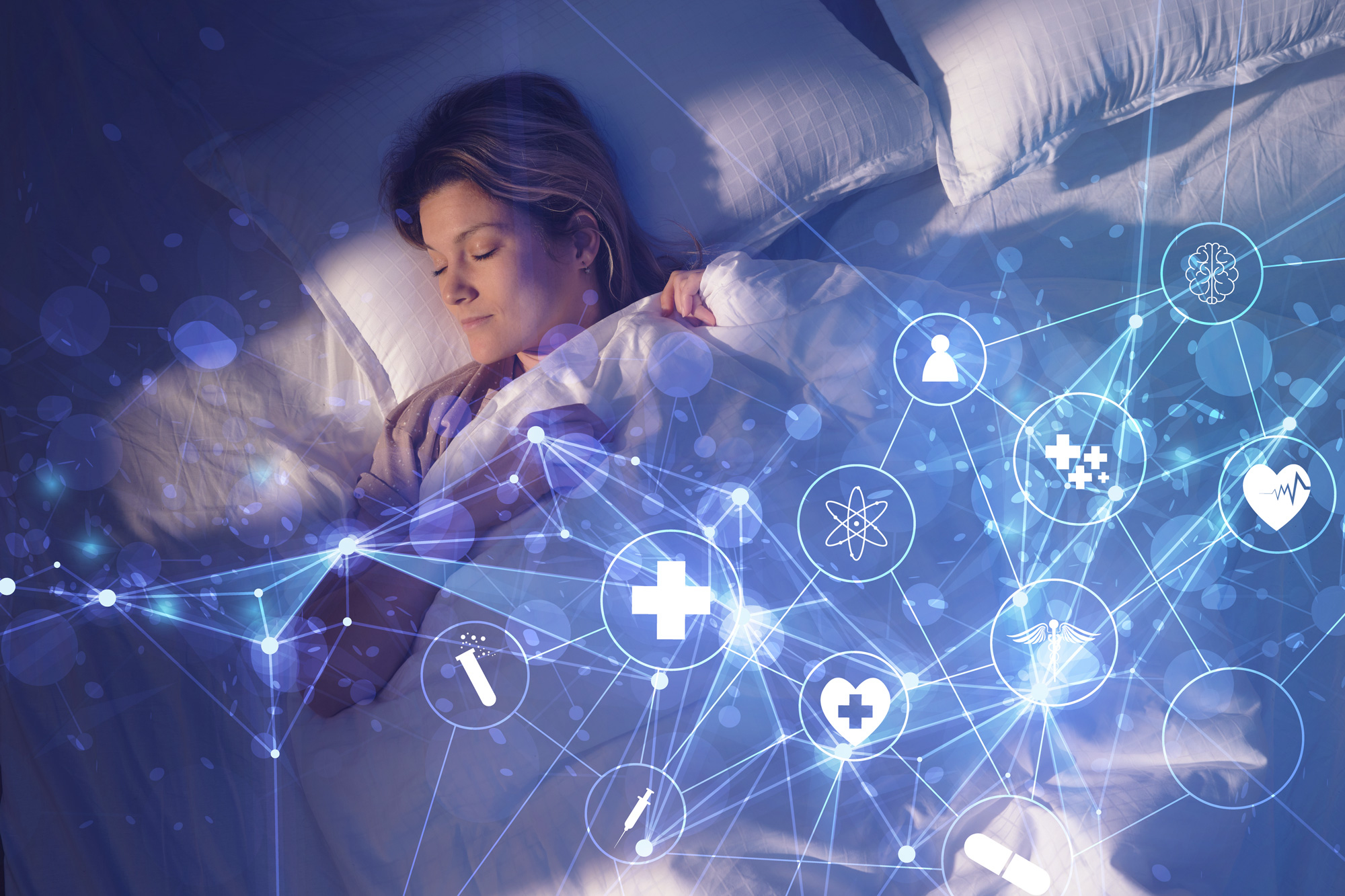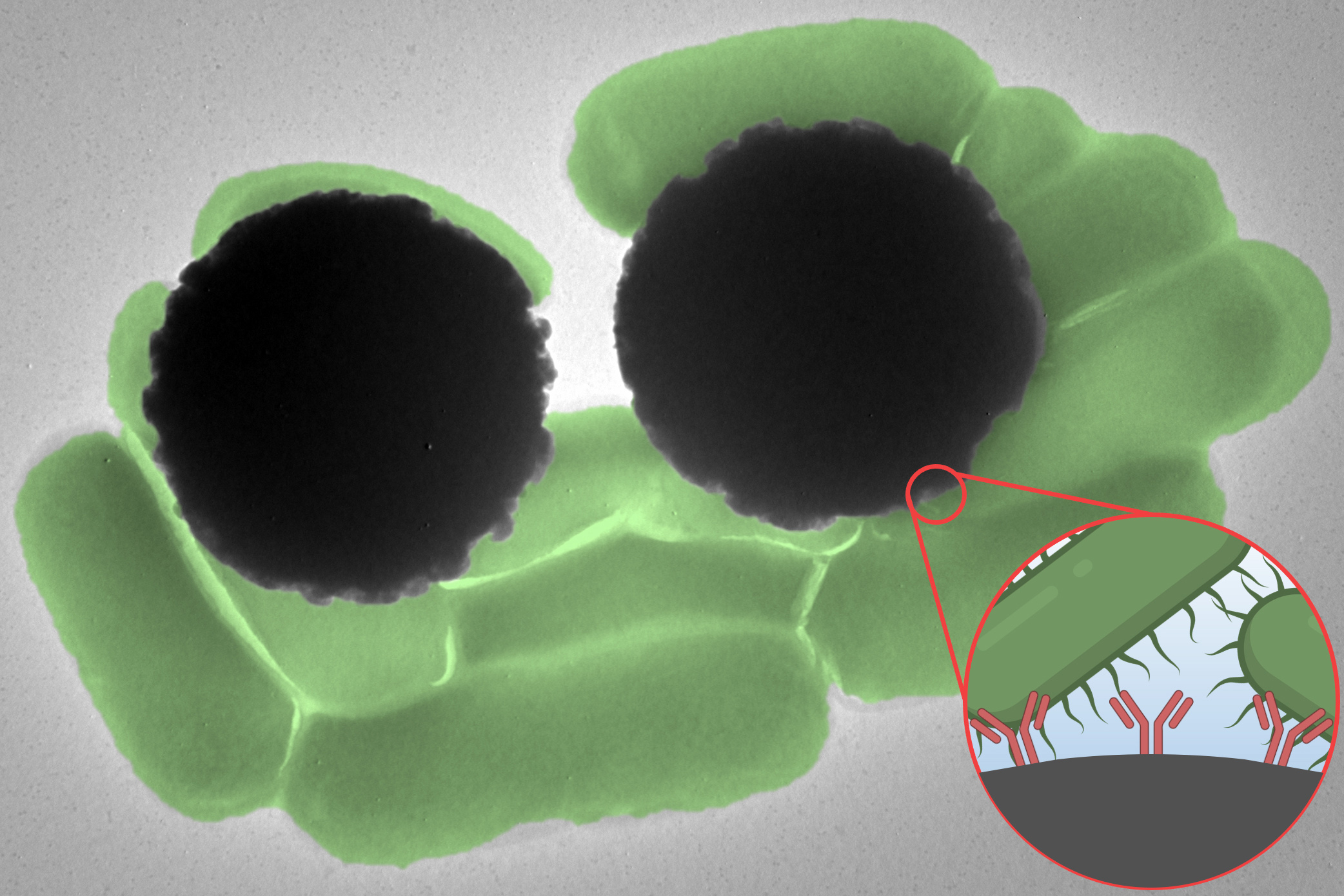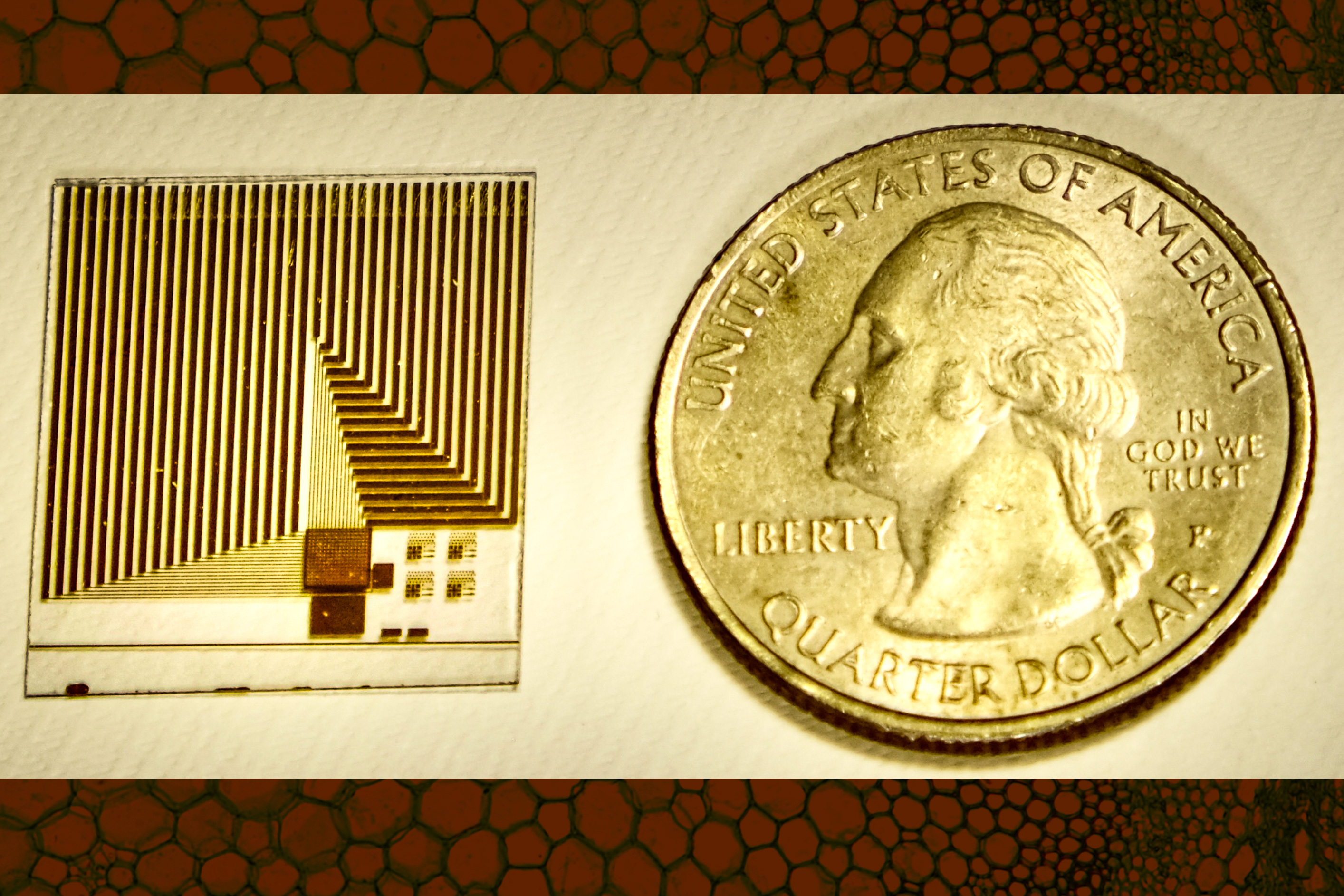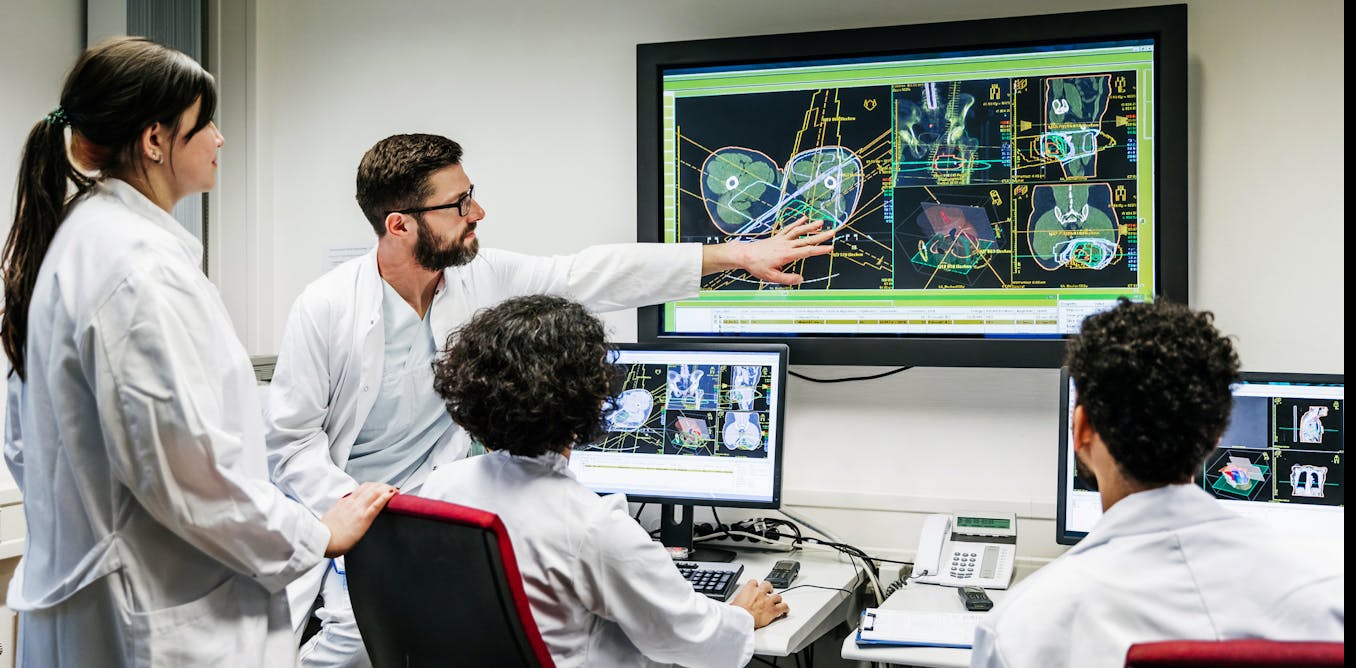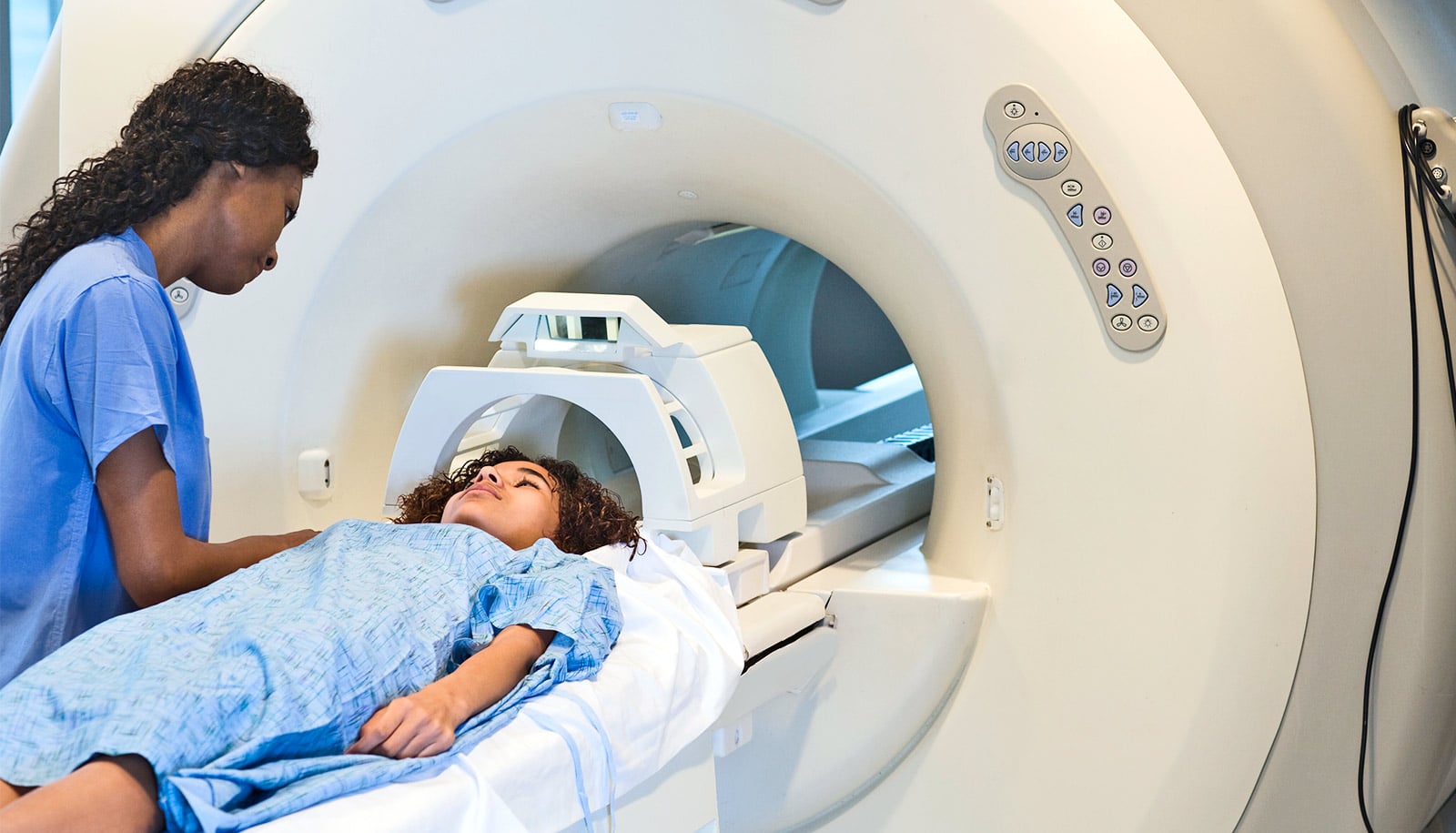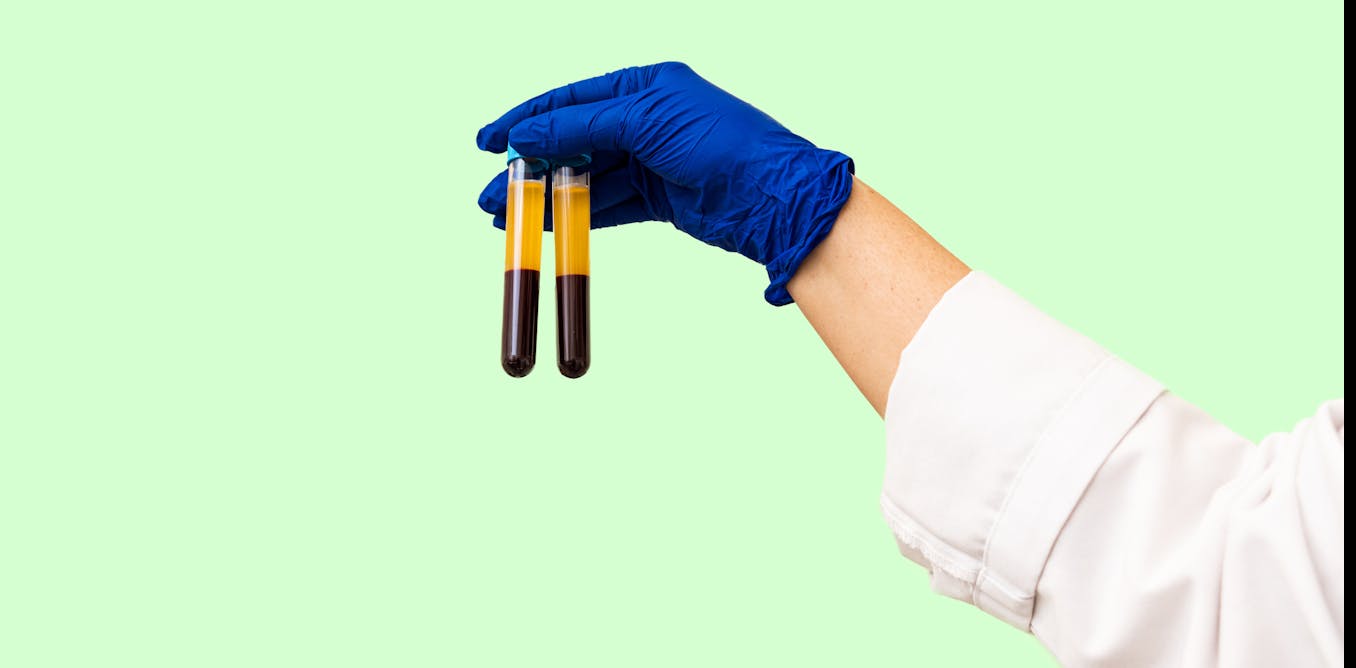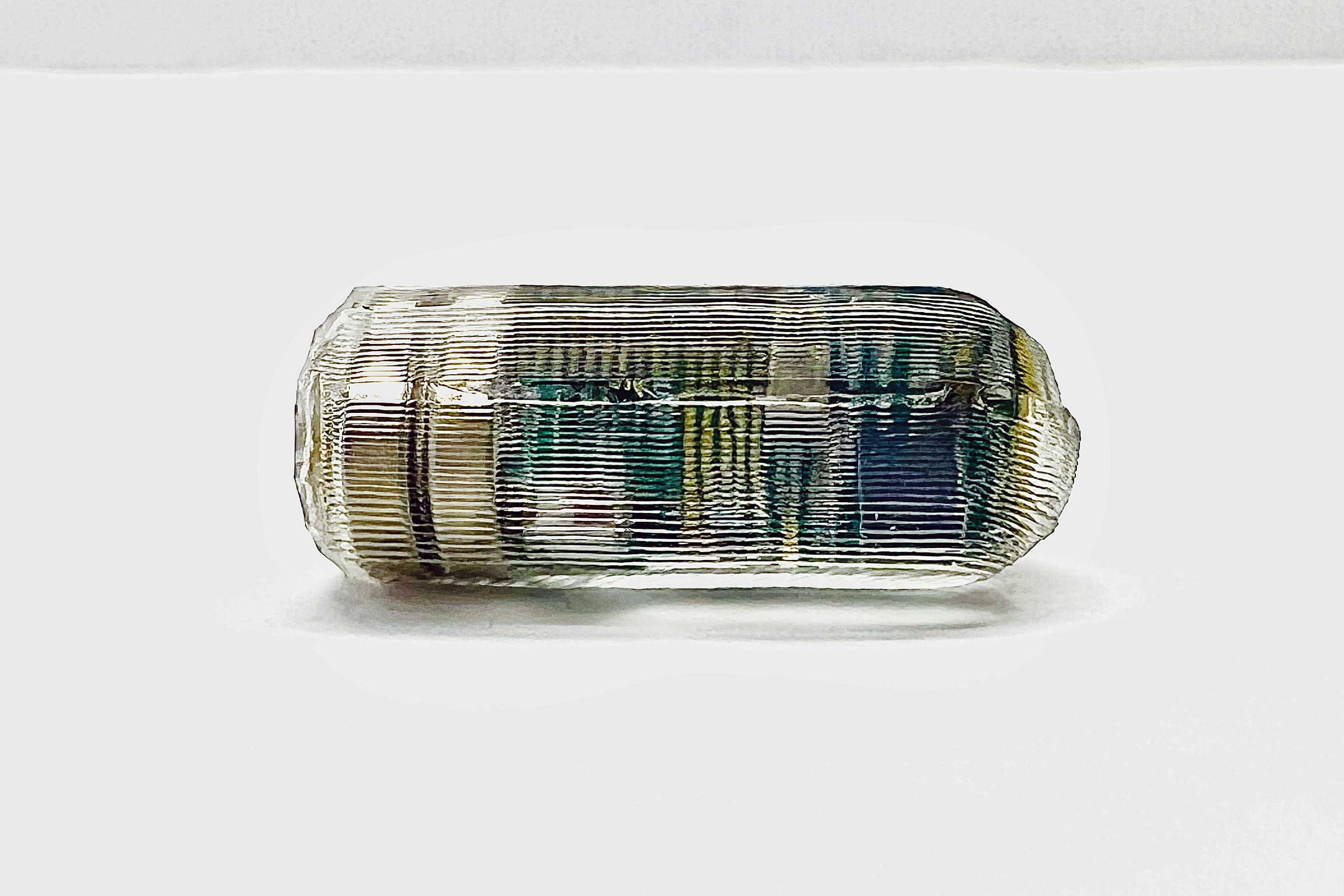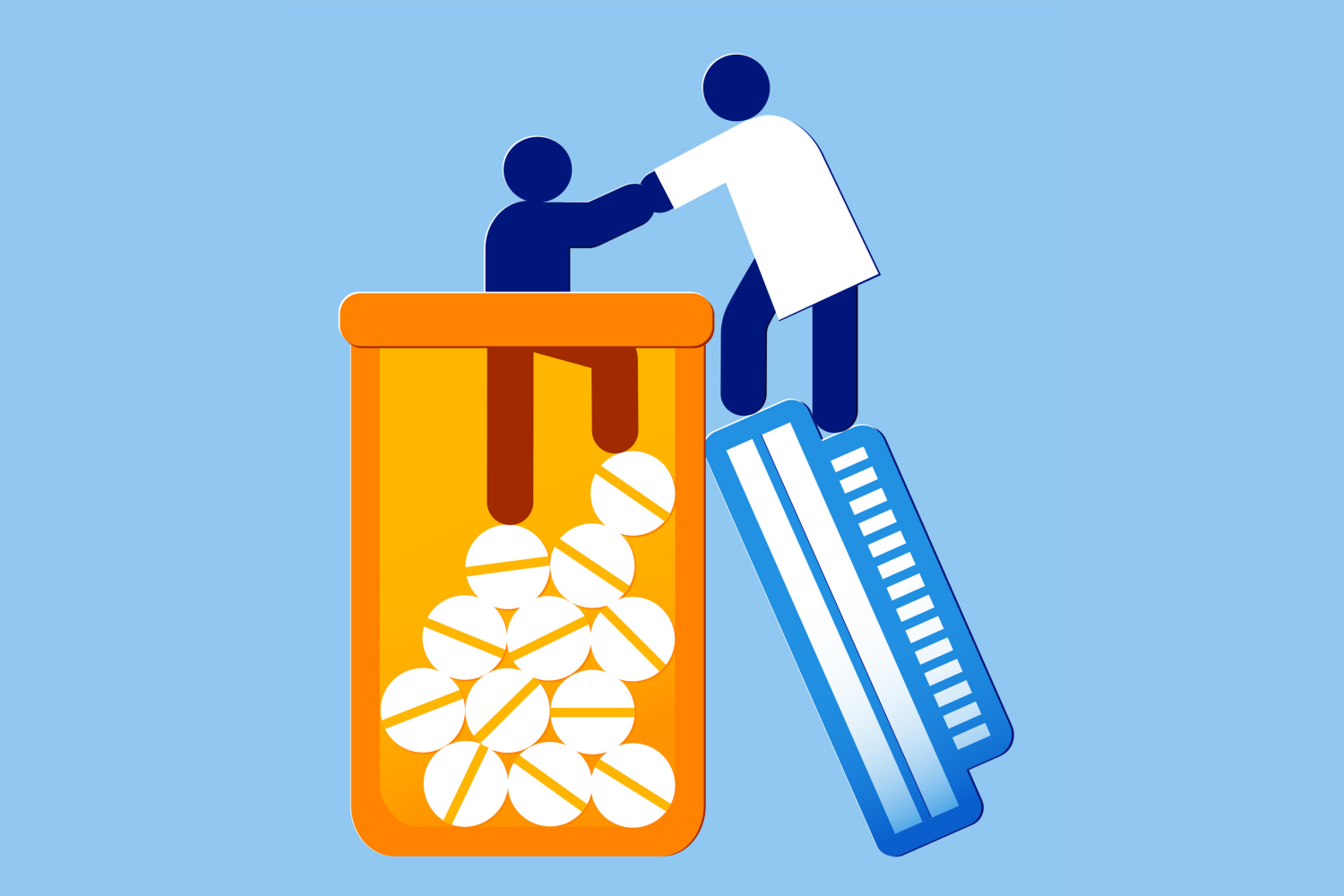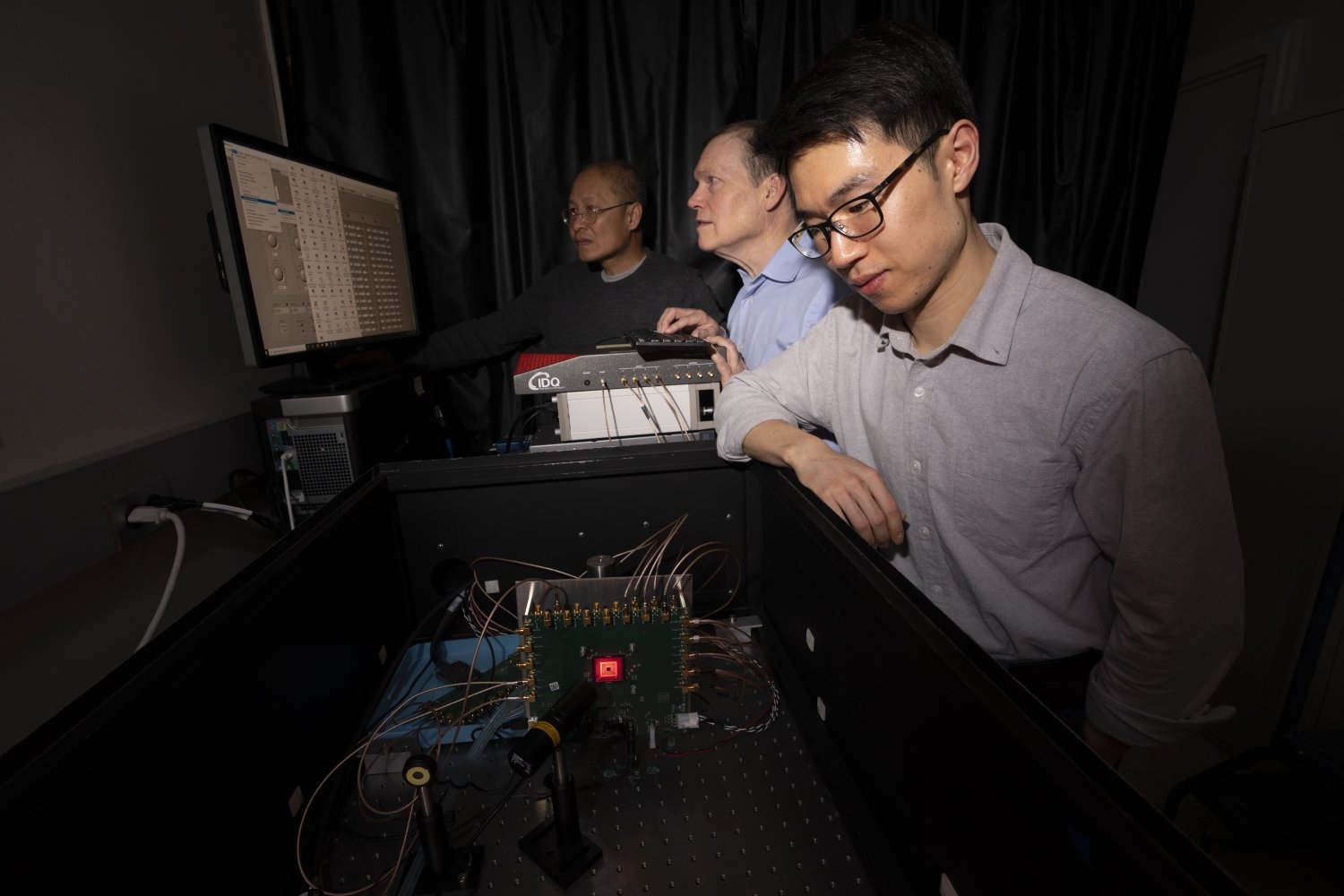Including race in clinical algorithms can both reduce and increase health inequities – it depends on what doctors use them for
Biased algorithms in health care can lead to inaccurate diagnoses and delayed treatment. Deciding which variables to include to achieve fair health outcomes depends on how you approach fairness.
Anirban Basu, Professor of Health Economics, University of Washington •
conversation
May 26, 2023 • ~11 min
May 26, 2023 • ~11 min
How do blood tests work? Medical laboratory scientists explain the pathway from blood draw to diagnosis and treatment
Lab testing provides doctors with essential information to help them diagnose and treat disease. Here’s what happens behind the scenes after you roll up your sleeve for a blood draw.
Nicholas Moore, Associate Professor of Medical Laboratory Science, Rush University •
conversation
Feb. 14, 2023 • ~10 min
Feb. 14, 2023 • ~10 min
/
7

